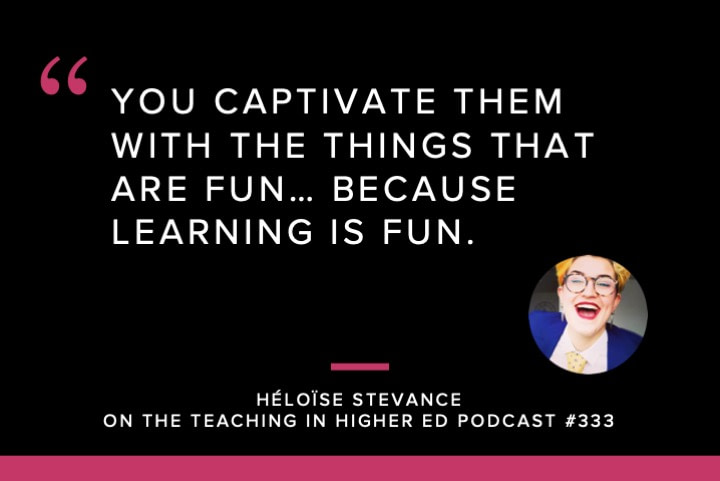Episode: How to get media coverage for your research
Pub date: 2020-02-27

Your paper has been accepted, reviewed and published. Now you need to get it talked about by journalists, the public, your peers and funders.
Pippa Whitehouse recalls seeking advice and media training from colleagues in her university press office when her first paper was published.
“I recorded some soundbites and listened back to them and reflected on how to communicate information very clearly. It gave me a lot of confidence,” says Whitehouse, an Antarctica researcher at the University of Durham, UK.
”All of the interaction I’ve had with the press has been really positive,” she adds. “It can seem a little bit daunting to begin with, but if you give it a go I think you’ll find the media are very interested in finding out about science.”
In the third episode of this four-part podcast series about getting published, Jane Hughes describes her role as director of communications and public engagement at The Francis Crick Institute in London.
She and her team help 1,500 researchers communicate their science to the press, public, policymakers and funders. Hughes recommends reaching out to press-office colleagues as soon as possible to discuss a paper’s potential for attracting newspaper, broadcast or online media coverage.
Researchers can take other steps themselves to get a paper talked about, she tells Levy. ”One thing that can make a difference is an image, a video or something alongside the paper that you can share on social media,” says Hughes.
She also warns against over-hyping a paper’s findings. ”Try not to sensationalize or over-simplify. You can work with your press office to make sure the message gets across properly.”
See acast.com/privacy for privacy and opt-out information.
The podcast and artwork embedded on this page are from Nature Careers, which is the property of its owner and not affiliated with or endorsed by Listen Notes, Inc.





